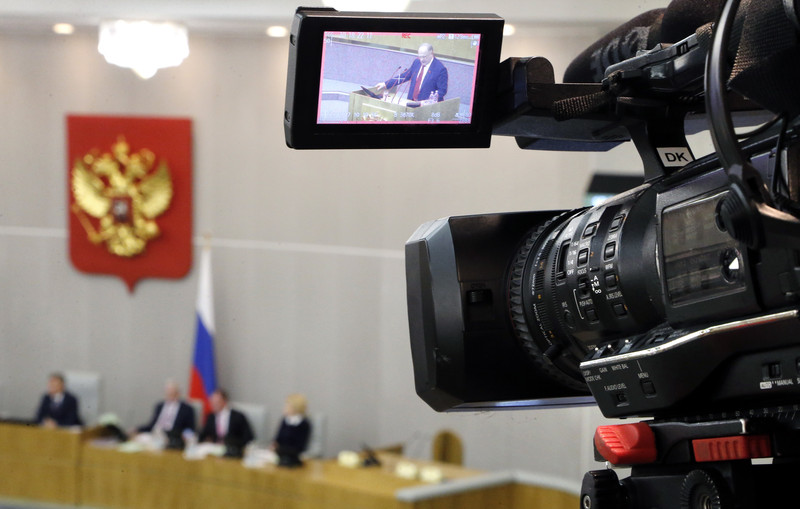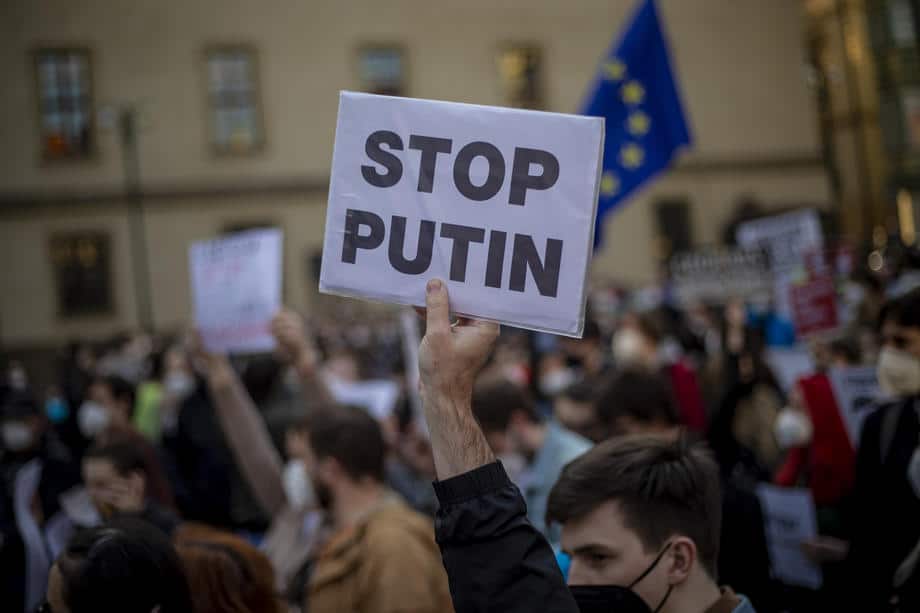The European Commission published its sanction to take two of Russia’s state propaganda outlets off the air in the Official Journal on Wednesday, effectively giving national media regulators the power to silence them. Some worry that the EU is overreacting.
It was on Sunday that European Commission President Ursula von der Leyen first announced that the Kremlin-backed RT (formerly known as Russia Today) and Sputnik would be banned from broadcasting across the EU.
“We will ban the Kremlin’s media machine in the EU. The state-owned Russia Today and Sputnik, and their subsidiaries, will no longer be able to spread their lies to justify Putin’s war,” von der Leyen said. “We are developing tools to ban their toxic and harmful disinformation in Europe.”
Three days later, after discussions with member states and the European Regulators Group for Audiovisual Media Services (ERGA), the details were published of the media sanction, which will apply to transmission and distribution through satellite, cable, online video sharing platforms, and applications both old and new.
“In view of the gravity of the situation, and in response to Russia’s actions destabilising the situation in Ukraine, it is necessary… to urgently suspend the broadcasting activities of such media outlets in the Union,” the Commission said. “It shall be prohibited for operators to broadcast or to enable, facilitate or otherwise contribute to broadcast, any content by the legal persons, entities or bodies in Annex XV, including through transmission or distribution by any means such as cable, satellite, IP-TV, internet service providers, internet video-sharing platforms or applications, whether new or pre-installed.”
Even before that, accessing RT and Sputnik content in countries in Central Europe and across the rest of the bloc was becoming increasingly difficult. On February 25, two days before von der Leyen’s announcement, Poland’s media regulator had already deleted a number of Russian channels from the register of permitted TV services in the country. On Tuesday, Facebook and Google’s YouTube slapped their own bans on RT’s content.
As of Wednesday afternoon, it was still possible to access from the Czech Republic RT in Russian, though not Sputnik’s Czech site.
This move by the EU took many by surprise and has not been universally welcomed.
In a rather testy interview with the BBC on Monday, Commission Vice-President Josep Borrell Fontelles said the move was not a case of censoring media or free speech, but to stop the dissemination of “lies and toxic information”. This is not about stopping “free information flow but about massive disinformation flow,” he went on.
While few would dispute that most of RT and Sputnik’s output is drivel and barely disguised Russian propaganda, the European Federation of Journalists (EFJ) said it fears the effects of this spiral of censorship on freedom of expression in Europe.
“This act of censorship can have a totally counterproductive effect on the citizens who follow the banned media,” EFJ General Secretary Ricardo Gutiérrez said in a statement. “In our opinion, it is always better to counteract the disinformation of propagandist or allegedly propagandist media by exposing their factual errors or bad journalism, by demonstrating their lack of financial or operational independence, by highlighting their loyalty to government interests and their disregard for the public interest.”
While several western journalists working for the Russian media outlets have resigned in light of the invasion, others call the move to ban them anti-democratic, a blatant case of censorship and worry about the impact on people’s jobs at a difficult time.
“Today a darker day dawns at the EU for the freedom of speech and the press,” Vaggelis Kotrozos, administrator of Sputnik Greece, told BIRN. “The attempt to silence a media outlet is anything but democratic but refers to authoritarian regimes. Russia, which is accused by the Western allies of being an ‘authoritarian’ country, has never resorted to such practices except in countermeasures to similar practices of Western countries, e.g. RT licensing in Germany.”
“The Greek office of Sputnik takes all the necessary measures for its smooth operation and the securing of all the jobs against the attempt to silence it,” he added.
Others worry that the banning of the Russian channels feeds into a wider panic about misinformation and disinformation. “RT is by no means the only target for state censorship – and if it’s taken off the air, it will not be the last,” predicted Fraser Myers, deputy editor of Spiked in the UK.

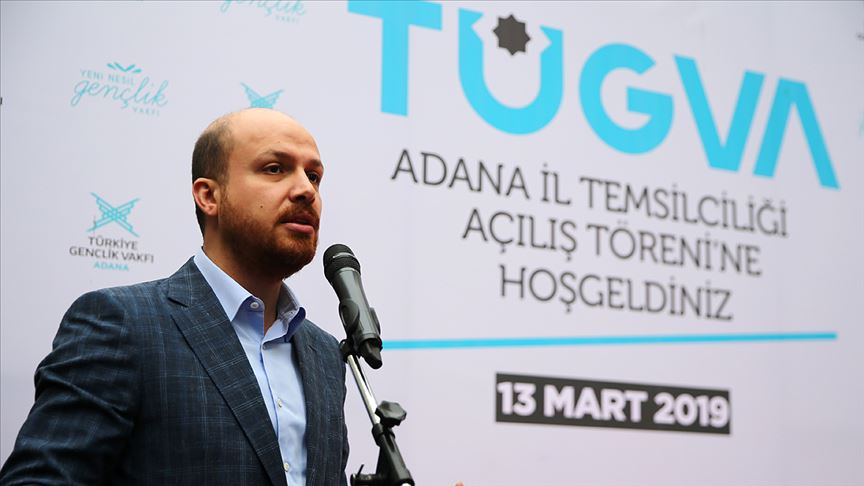





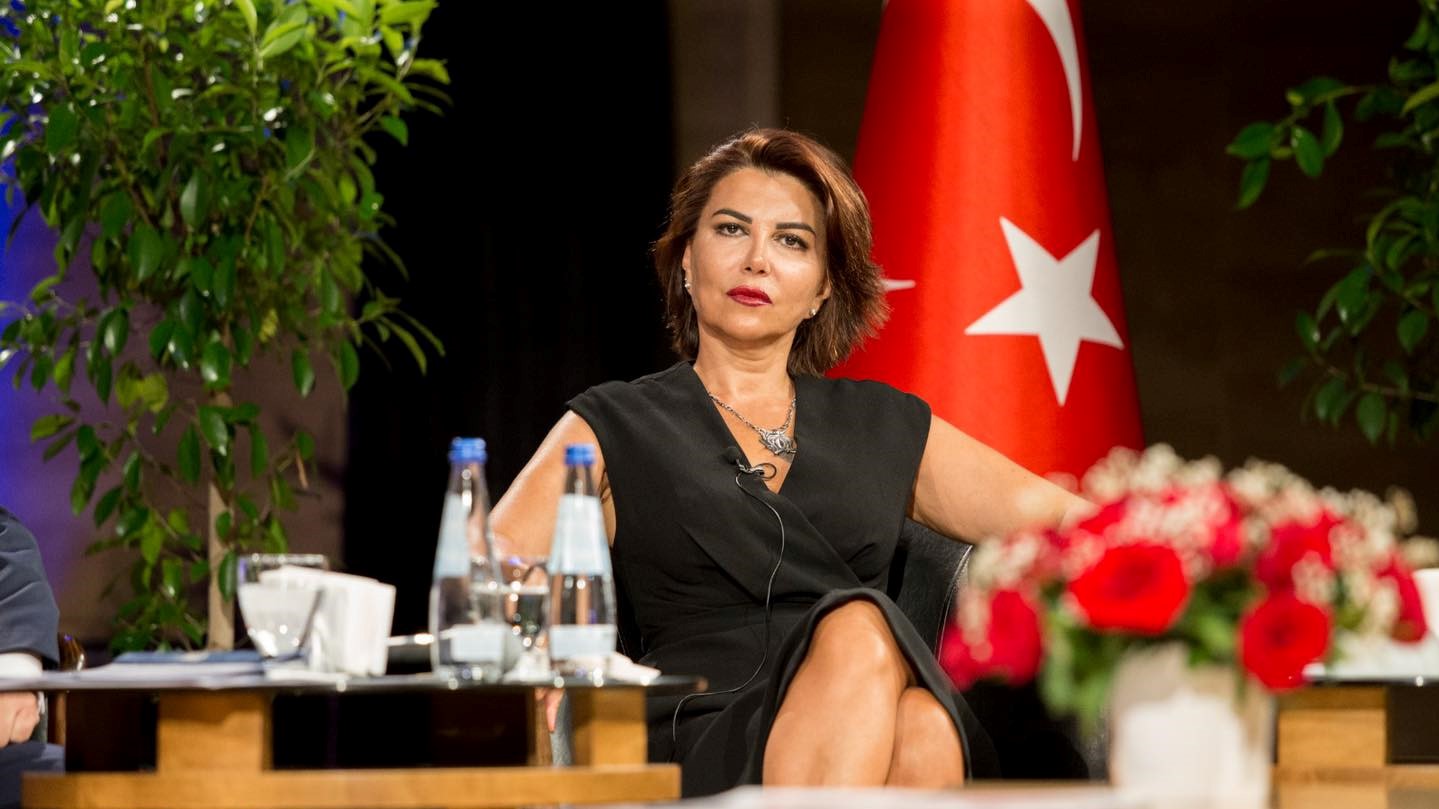
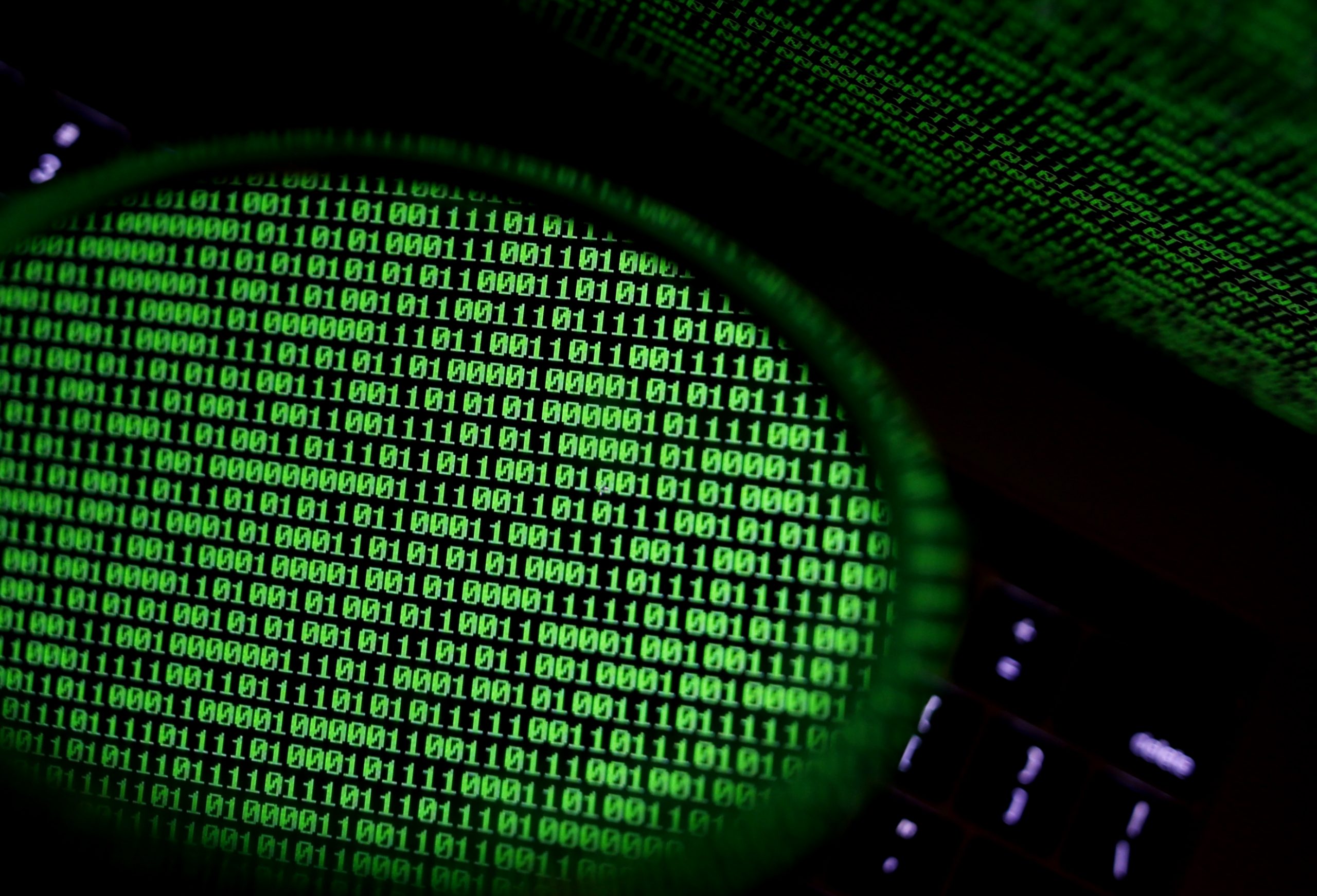
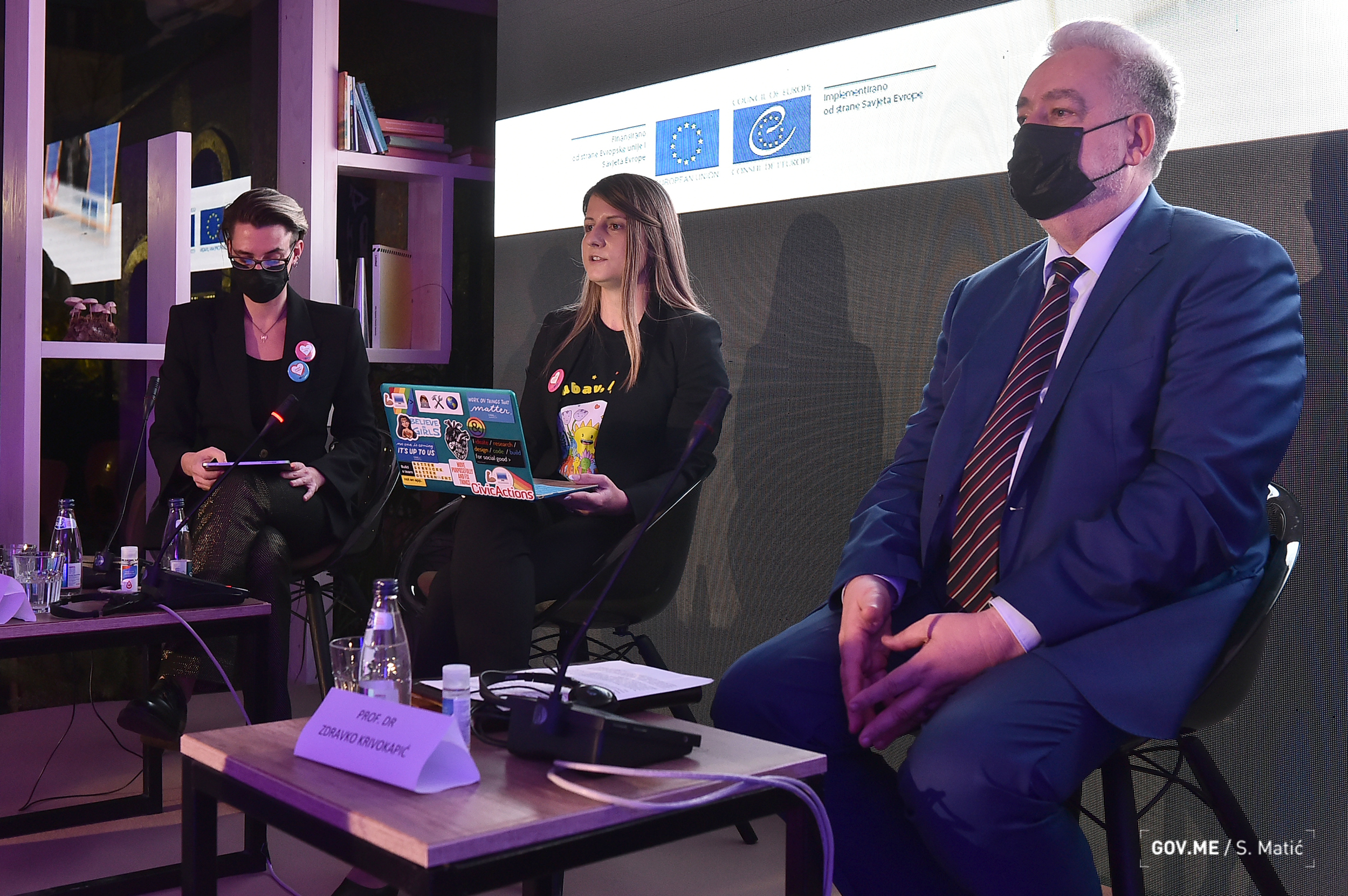
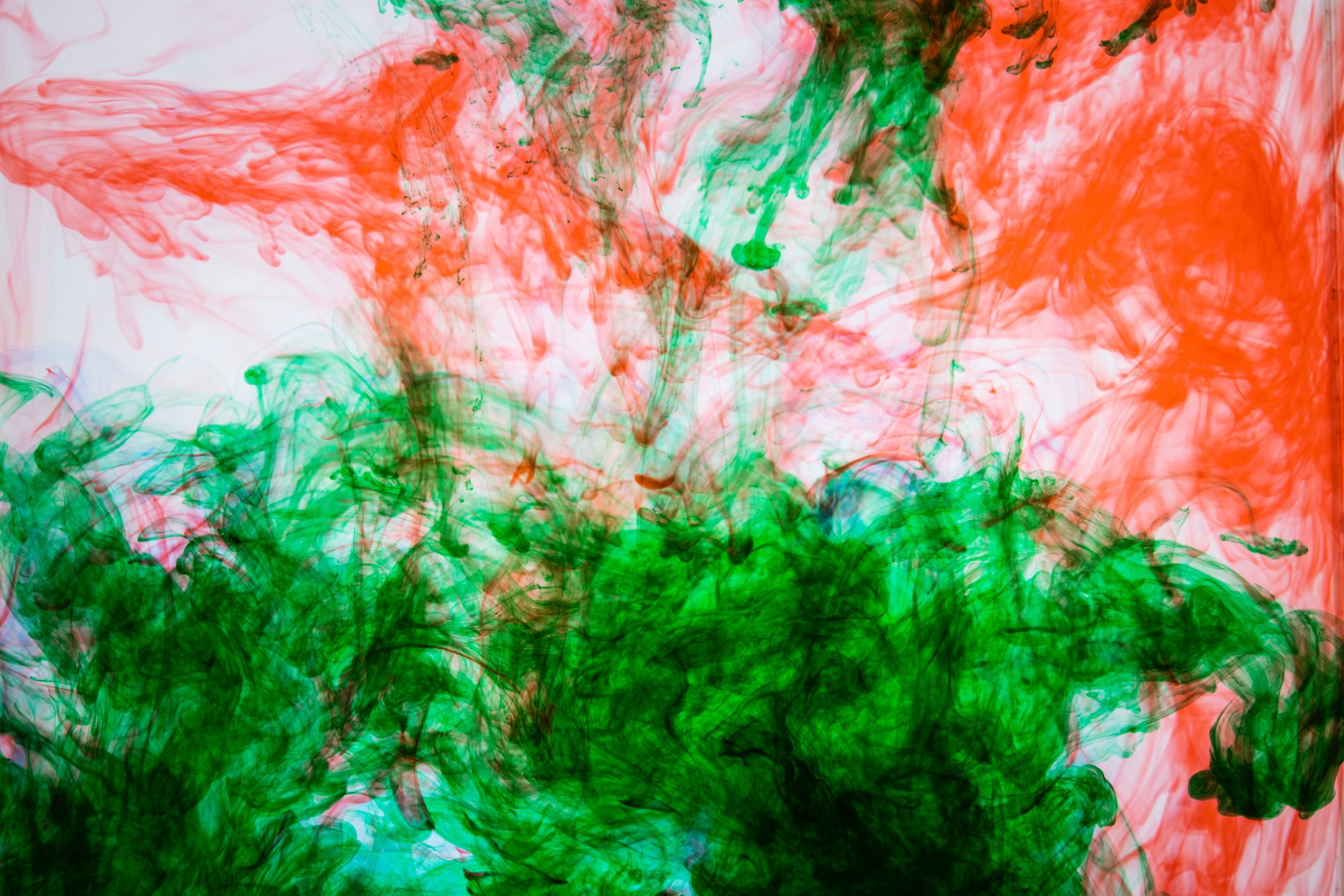


 The logo of Italian banking group Intesa Sanpaolo is seen at a branch in Siena, Italy, 05 July 2018. Photo: EPA-EFE/MATTIA SEDDA
The logo of Italian banking group Intesa Sanpaolo is seen at a branch in Siena, Italy, 05 July 2018. Photo: EPA-EFE/MATTIA SEDDA